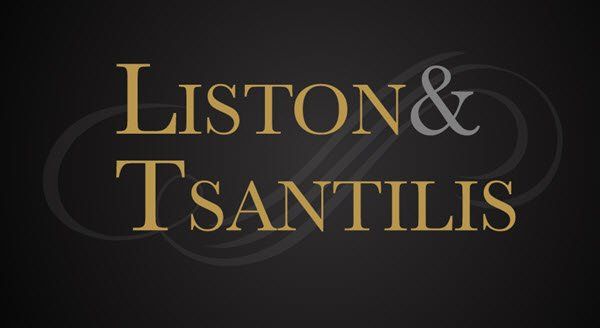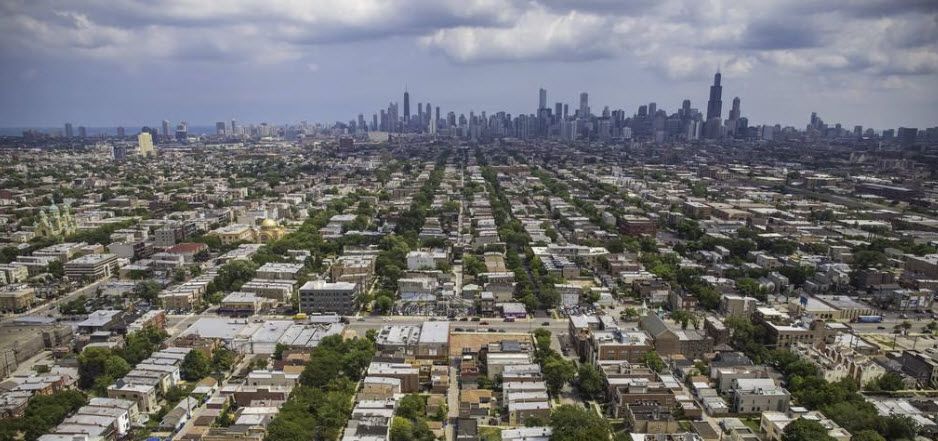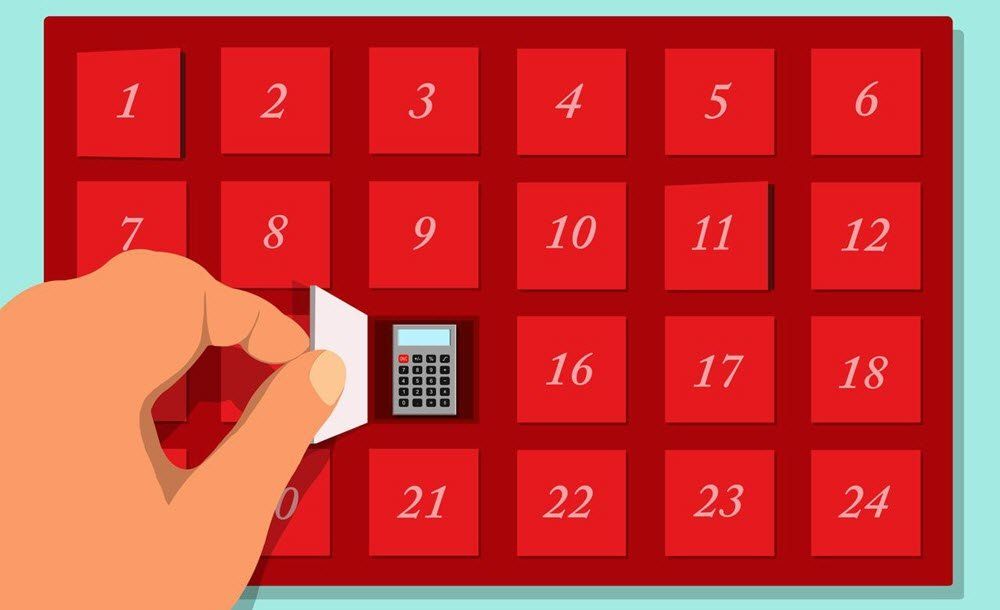








New Class 7 Tax Amendments Permit Renewal of Incentives in Cook County By Brian Liston “You will never face a tax problem that’s not charged with opportunity.” – Warren Buffett In the past few years, myself along with prominent local Mayors, Economic Development Municipal leaders and developers have formed a … Continued The post Class 7A And 7B Tax Incentives Are Now Renewable In Cook County appeared first on Liston Tsantilis Law.
New Class 7 Tax Amendments Permit Renewal of Incentives in Cook County
By Brian Liston
“You will never face a tax problem that’s not charged with opportunity.” – Warren Buffett
In the past few years, myself along with prominent local Mayors, Economic Development Municipal leaders and developers have formed a taskforce to advise Cook County on amendments to the current Cook County Tax incentive ordinances. Along with addressing the rising vacancy levels in Cook County Industrial properties, Cook County wanted to enhance its commercial incentive program to attract high quality investments in areas in desperate need of rejuvenation of decaying properties. Thanks to our hard work and feedback from the Cook County Planning and Development department, the Board of Commissioners (the “County Board”) passed an amendment to the Cook County ordinance that now allows the renewal of the Class 7 incentives in April of 2017.
This Class 7 amendment brings with it several new and exciting changes to the Class 7 incentives program. One of the more significant changes is that it will allow the renewal of Class 7 commercial incentives for the first time in Cook County history.
Class 7: The Commercial Tax Incentive
The County Board originally instituted the Class 7 Tax Incentive to encourage development of Commercial properties. Cook County defines such properties as “Any real estate used primarily for buying and selling of goods and services, or for otherwise providing goods and services, including any real estate used for hotel and motel purposes.” This includes without limitation: retail, service, self-storage, office properties and mixed office/industrial properties that do not otherwise qualify for a Class 7 incentive.
This Class 7 incentive is designed to last twelve years, generally lowering property taxes by nearly 60% for the first ten years of the incentive, 40% for the 11th year and 20% for the 12th year. To obtain the incentive a project must obtain municipal support, typically in the form of a resolution and the project must seek to start new construction or occupy an abandoned property. To qualify for the abandoned property category, the property must have been vacant for twenty four months or longer unless determined by the County Board that a waiver of this requirement is warranted (sometimes referred to as “Special Circumstances”). Such a waiver would permit an incentive application to proceed with less than 24 months vacancy, but the precise amount of vacancy needed varies depending on the specific circumstances of the project.
While this requirement is very similar to the Class 6 and 8 incentives Cook County uses to encourage industrial development in blighted areas, the Class 7 Incentives add a further eligibility test. All Class 7 Tax Incentives must satisfy five eligibility requirements:
Finally, the Class 7 Tax Incentive is generally divided into two classes, A & B. The key difference between the two versions of incentives is the level of investment required by the developing party. If an entity invests less than $2,000,000, it qualifies as a Class 7A, if more, it is a Class 7B. Beyond the monetary distinction, Municipalities and the County tend to “liberally construe” the above five eligibility requirements for smaller projects under the 7A program as they are smaller projects.
The County has also created a third program, 7C or “CURE,” which is a short term version of the commercial incentive, only lasting five years. The qualification requirements are similar to its “older” siblings, the class 7A and 7B, but as it is a shorter program, CURE is meant for smaller projects and has lower thresholds for qualification. Incentives under the CURE program remain non-renewable.
Recent examples of successful Class 7bs include Weichai Motors America (Rolling Meadows), Lifting Gear Hire (Bridgeview) and Evanston Volvo. Many large scale office projects are also included in the Class 7 incentives, and have seen solid success in certain areas of Cook County.
Commercial Incentives are Now Renewable
Historically, the Class 7 Commercial Tax Incentives were not renewable as the County originally did not include the option in the creating ordinance. However, similar incentives granted to industrial and properties in desperate need for support, the Class 6 and 8 incentives, have historically enjoyed the ability to be renewed. The recognition that these incentives may need to be renewed at times was based on Cook County’s historically high vacancy rates relative to surrounding areas. Further, the County recognized early on that Cook County property tax rates may result in higher tax bills than the collar counties around Cook, and that businesses may also look to Wisconsin and Indiana for competitive options. This renewal option resets the clock and gives municipalities options to retain and attract key commercial operations.
While the Class 7renewal requirements are still being fine-tuned, the general idea of renewal would be that a municipality would simply need to provide a resolution of support for the renewal to the County and the County would then be able to renew the Class 7 incentive for another twelve years. Similar to the Class 6 renewal timeline, renewals of the incentive would not be allowed until the tenth year of the current incentive. Not only will the ability to renew in this way add significant value, but the likely procedure to renew the incentives will be substantially more cost effective as most municipalities would be intimately familiar with the commercial operation in its community for the past year.
With the new amended ordinance going into effect on May 1, 2017, the County has given municipalities in Cook County a major new incentive tool to use in their economic development portfolio to allow municipalities to remain competitive in the commercial marketplace for emerging businesses. This option to renew the incentive will also improve stabilization of taxes, predictability of the process and attract a much higher level of investment in commercial properties in Chicagoland.
Brian P. Liston, M.B.A., J.D. is president of Liston & Tsantilis in Chicago where he specializes in the area of eminent domain and property tax litigation. He has successfully tried numerous jury and bench property tax appeal hearings throughout the State of Illinois brining successful resolutions to his clients. Liston has been on the team of 26 National Association for Industrial and Office Properties awards given for his legal work on incentives and land use projects throughout the Midwest. Recently his law firm was ranked #1 by the Leading Lawyers Network in the State of Illinois by his colleagues in the legal field for land use for the fifth year in a row.










Liston and Tsantilis Law
33 N LaSalle St, 28th Floor
Chicago, IL 60602
Phone: 312-580-1594
Email: BListon@LTLawChicago.com
Liston & Tsantilis Law | All Rights Reserved |
Created by Olive + Ash.
Managed by Olive Street Design.